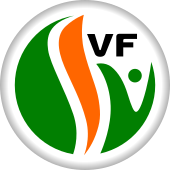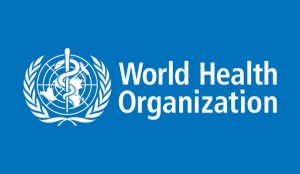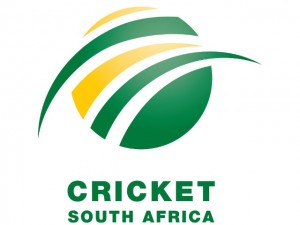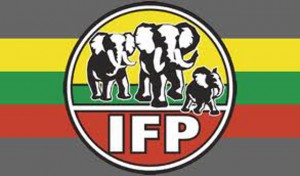Die verslag oor gratis hoër onderwys wat in Desember 2012 aan die minister van hoër onderwys oorhandig is, is nooit bekend gemaak nie aangesien ‘klarigheid’ verkry moes word oor beleid, en daar ‘ooreengekom’ moes word oor die finansiering van die projek.
Dit is wesenlik die antwoord van die minister, dr. Blade Nzimande, op ʼn parlementêre vraag van adv. Anton Alberts, die VF Plus se parlementêre woordvoerder oor hoër onderwys, oor die waarom die verslag nie bekend gemaak is nie.
Die antwoord lui voorts dat die beleidsvraagstukke hoofsaaklik gehandel het oor die definisie van armoede, wat alles in die skema gedek wou word, hoeveel terugbetaal moes word na voltooiing van studies en ʼn student begin werk het, asook watse akademiese teenprestasie vereis sou word.
Adv. Alberts sê alhoewel die minister geldige punte aanvoer van aspekte wat inderdaad aandag moes geniet en waaroor besluite geneem moes word, is dit steeds nie aanvaarbaar dat daar nie vinniger vordering daarmee gemaak is nie.
“Die wyse waarop die minister en sy departement voete gesleep het, is onaanvaarbaar, en het nou tot ernstige probleme aanleiding gegee. Die VF Plus is van mening dat die verslag dadelik uitgereik moes word om duidelikheid oor die aangeleentheid te gee.
“Die ontevrede studente sou bes moontlik anders opgetree het indien hulle daarvan bewus was dat die aangeleentheid op die tafel is en aandag geniet,” sê adv. Alberts.
- Hier volg die volledige vraag en antwoord:
(INTERNAL QUESTION PAPER 45 OF 2015)
Adv A de W Alberts (FF Plus) to ask the Minister of Higher Education and Training:
Why he did not previously publish the report concerning free education which was submitted to him in December 2012?
NW4706E
REPLY:
The Ministerial Working Group on Fee-Free Higher Education was established in March 2012 to investigate and advise on the feasibility of making university education fee-free for the poor in South Africa. The Working Group submitted a draft report in October 2012 and thereafter finalised the report in August 2013. Although the report was not formally published, Cabinet had been briefed and the contents of the report was discussed at a number of stakeholder forums, such as the Education Alliance, National Consultative Forum, National Student Financial Aid Scheme Colloquium, Policy Dialogue and the recent second Higher Education Summit. These forums included, amongst others, the following stakeholders: NSFAS, Department of Planning Monitoring and Evaluation, National Treasury, Council on Higher Education, South African Union of Students, Universities South Africa, University Council Chairs Forum and other interested parties. The report is also available on the Department’s website.
The Ministerial Working Group advised that fee-free university education for the poor is feasible, if built on the current NSFAS cost sharing and recovery model. The implementation of fee-free university education is dependent on significant funding made available, but the quantum of funding required varies depending on the range of parameters and policy decisions. The report recommended that NSFAS be strengthened to implement the scheme and a policy dialogue should be put in place to discuss the parameters and develop regulations for implementation. However, before the final policy and regulations can be published, funding to support the scheme needs to be secured.
The main reason for not publishing the report at the time was due to the need to clarify policy positions and obtain agreement on how the scheme could effectively be financed. A policy dialogue would be required to advise on the hard policy decisions that have to be made in order to extend the scheme to cover all qualifying students. Policy issues such as the definition of the poverty threshold (poverty is a relative concept), what should be covered (full cost of study or only tuition and books), the amount of the loan to be converted into a bursary, the interest rate to be charged once the student has completed their studies, the percentage of monthly income to be paid back into the scheme once the graduate is successfully employed, as well as the definition of academic progress. Depending on how these parameters are set, the scheme would either support more or less students.
A Policy Dialogue comprising of the Department, NSFAS, Universities South Africa, University Council Chairs Forum, National Treasury, South African Union of Students and Council on Higher Education has been established to identify current and projected funding challenges, propose policy and legislative amendments in line with the recommendations of the Working Group on fee-free education, as well as the recommendations articulated in the National Development Plan that “all students who qualify for NSFAS must be provided access to full funding through loans and bursaries to cover costs of tuition, books, accommodation and living expenses”.
Therefore, the decision was not to formally release the report, but rather to deal with the key policy decisions through the policy dialogue and take the process forward through legislative changes.









